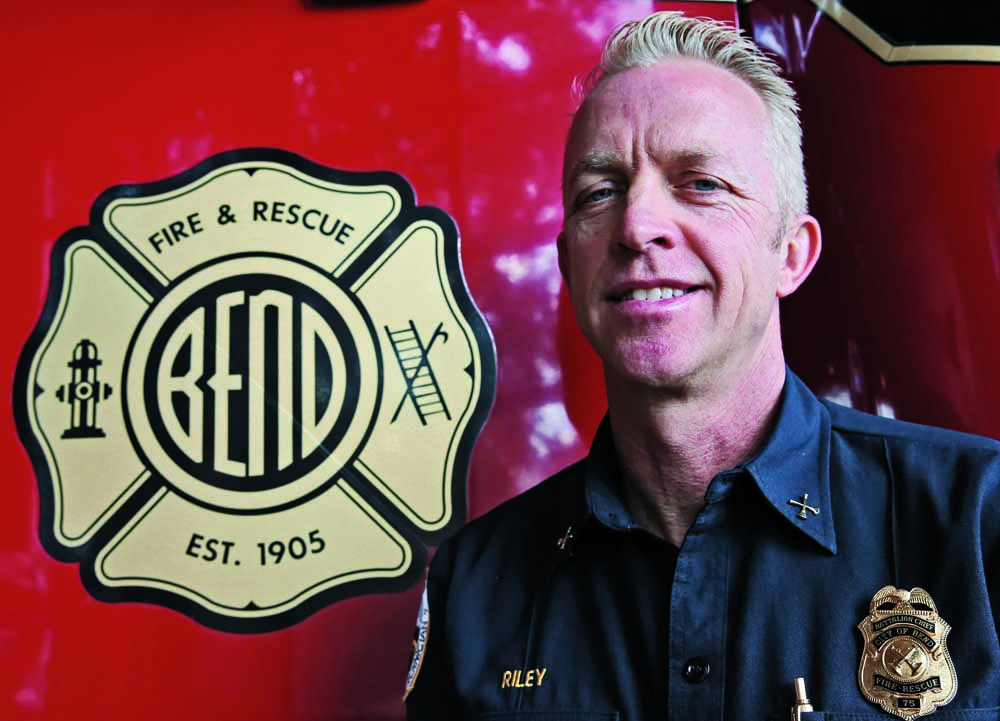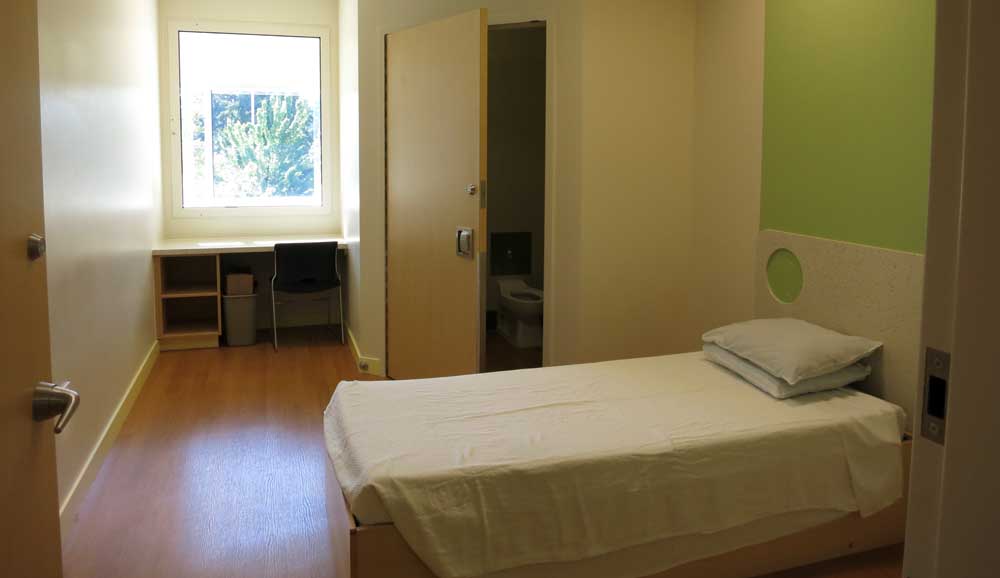Boston U. pays back love of a caretaker
Published 5:00 am Tuesday, March 12, 2013
BOSTON — In Section 111, Row Q, Seat 1, above a corner of the Agganis Arena ice, a gray-haired man observed the action. Wearing a scarlet team jacket and a white Friends of Boston University Hockey cap pulled over enormous eyeglasses with brown frames, he was easy to miss. A trumpeter’s brief toot from the opposite end of the rink projected greater sound than the man’s enthusiastic clapping after each Terriers goal in a victory against Merrimack.
When the game ended, the man, Elliot Driben, left his aisle seat and struggled up a few steps. Cerebral palsy has presented him with challenges throughout his life, and, at 68, he has grown progressively less mobile.
He retrieved his walker and pushed it toward a room where season-ticket holders were gathering for postgame dessert.
Few fans passing him would know that the university in May dedicated the Elliot Driben Lobby in a sports arena across the street; that whenever he is on campus, seemingly every athlete and coach recognizes him and vice versa; that he often attends multiple competitions in a day and travels on team buses; that for a decade, he donated about a third of his salary to the athletic department and spread it to every team, and has continued that pattern through 12 years of retirement; and that the university’s extended family would do anything for him.
The women’s soccer coach, Nancy Feldman, takes Driben to a kosher butcher shop and helps prepare his apartment for Passover. The women’s hockey coach, Brian Durocher, drives him to supermarkets and takes him for monthly haircuts. New York Rangers defenseman Matt Gilroy, soon after turning professional, bought him a new walker.
Jack Parker, who has known Driben throughout four decades of coaching men’s hockey, calls him BU’s greatest fan. To others, he is the mayor of Terrier Nation. Those are reasonable pronouncements because Driben has attended about 5,000 university sporting events.
“He loves BU more than anyone I know, and BU athletes love him back,” said Gilroy, who played on the university’s 2009 NCAA championship team.
Driben dedicated copy machines in the press box in the men’s and women’s hockey arenas in memory of his parents, Milton and Janet. And when the lobby at Case Center, home to the women’s hockey team and the men’s and women’s basketball teams, was named in his honor, he made sure that explanatory text was presented on a wall in braille because his sister Joyce, who lives in Pennsylvania, is blind. His other sister, Sandi, lives in Florida. Both came to Boston for the event.
Asked what makes Driben special, people at Boston University emphasize three points. The first is his omnipresence; he is as likely to attend softball games, swim meets or women’s rowing events as he is to attend hockey games, his favorite. The second is his courage in performing routine tasks that most people take for granted. The third is his concern for BU athletes. Driben makes three inquiries of each new athlete he meets: name, major, and plans.
“He’s at everything,” said Jill Cardella, a captain on the women’s hockey team. “He doesn’t discriminate between men’s and women’s, high-profile or low-profile sport. It’s the time he spends. We feel we should give back to him — and how can you not?”
For Driben, giving time and money to BU — more than $200,000 since 1991 and an unknown amount preceding that, dating to a $25 contribution in 1973 — is a token of his gratitude for seven years of speech therapy with a university professor, Albert Murphy, beginning in 1955, when Driben was 11. In the late 1960s, he met goaltender Tim Regan. That drew Driben to hockey, and then to other teams.
Many view Driben’s dedication as extraordinary. He does not. “I do what I do because I love to do it,” he said as the Terriers played Merrimack. “BU has been good to me — I mean, really good to me.
“People who don’t know me feel sorry for me. They don’t know what I do for BU.”
As for the athletes, he said, “I care about what they do in school.” And they reciprocate.
“I feel at home here,” Driben said, “because if I need some help, they’ll be here for me.”
That has become more vital as Driben’s speaking and walking have become more strenuous. He moves around more slowly; his daily 2.9-mile walk home from John Hancock, where he worked in the printing department, is a thing of the past. Heading to the Merrimack game, Driben nearly fell but was grabbed by Durocher, who happened to be going that way.
Driben’s largess is largely unknown. Each fall, he meets with athletic director Mike Lynch to review his annual donation: usually $6,000 to $8,000, earmarked for each of the 24 teams. This spring, he will give a pizza party for the band, cheerleaders and dance team.
“He’s like the grandfather of BU athletics: He wants the best for you, he loves you, but he’s not afraid to call you on the carpet,” Lynch said. When athletic schedules are released, Lynch said, Driben is liable to critique them for overlapping games that might affect attendance, including his. Sometimes, Lynch said, adjustments are made.
The tributes continue. Last year Driben received an honorary Scarlet Key, which the dean of students traditionally presents to outstanding seniors who serve the university. And with the rowing season approaching, a new boat is being added to the lightweight team. It will be named for Driben “because we love him,” coach Stacey Rippetoe said.
She added, “We were thinking of someone who’s really been behind the team, who’s representative of BU, and we thought of Elliot.”
Sitting across from Rippetoe, Driben pondered a question about his feelings on the recent honors.
“I always think, Why me?” he said.







